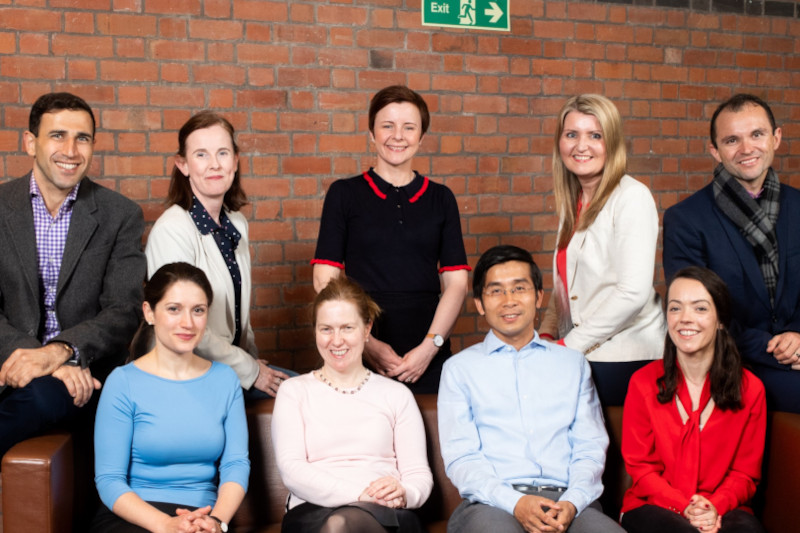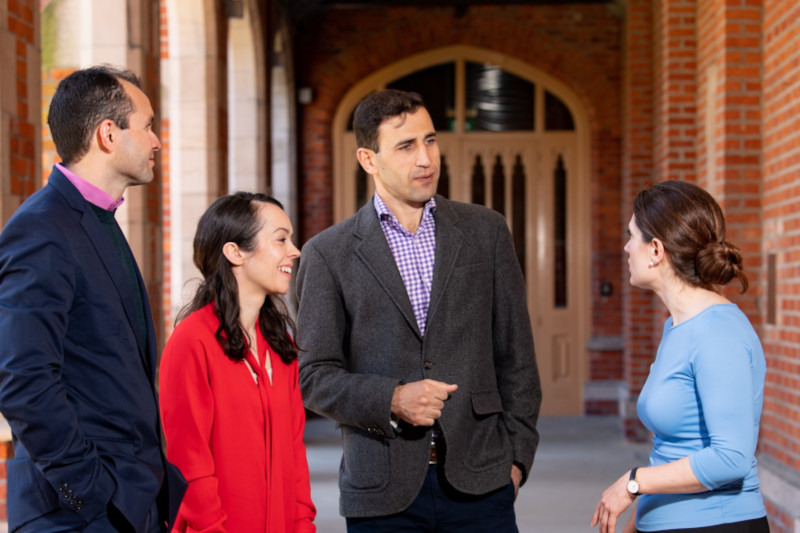Researcher Development
Undertaking research is one of the key functions of Queen's and having skilled and effective researchers to complete this research is important to the University. Consequently, a range of support and resources are available to ensure that researchers have access to learning and development activities.
As a Queen's researcher you have access to people and services to assist with your research. These pages provide information on the range of learning and development support and resources provided for Queen’s Research Staff. Further support is available from the Postdoctoral Development Centre and compliments resources provided within your School.
Queen’s commitment to enhancing the experience of its research staff is further demonstrated by the University’s action plan in relation to the Researcher Development Concordat. This includes a commitment to 10 days of learning and development activity for each researcher. You are encouraged to spend time reviewing your career and professional development and undertaking activities to enhance your development at Queen’s.
If you are new to a research role at Queen's, have a look at the New Postdoc information provided by the PDC.



